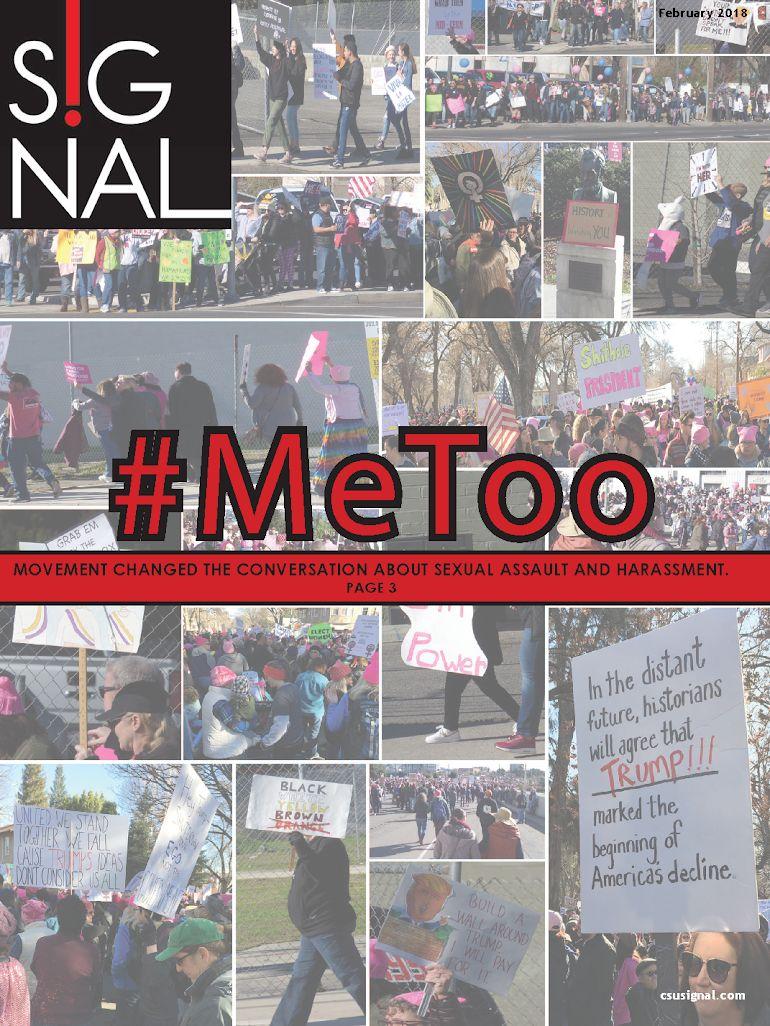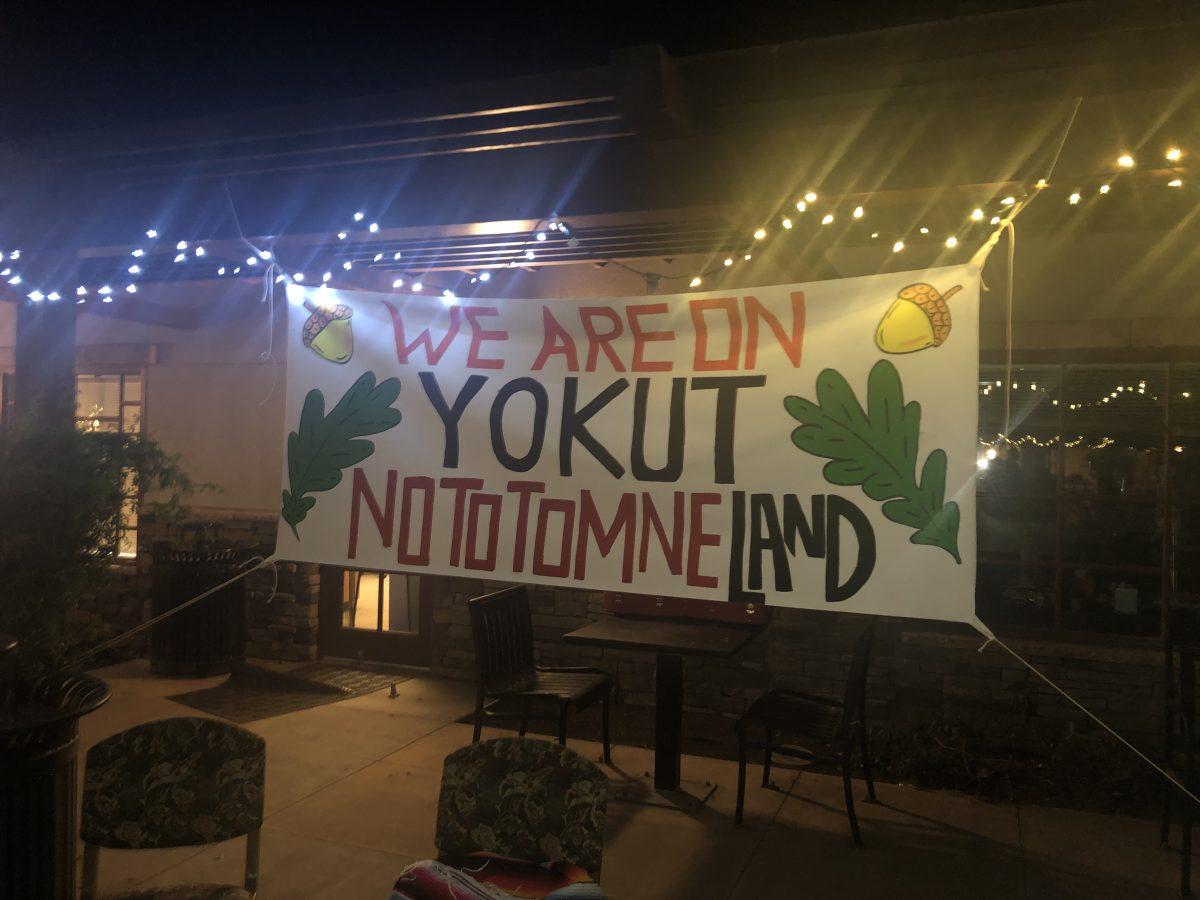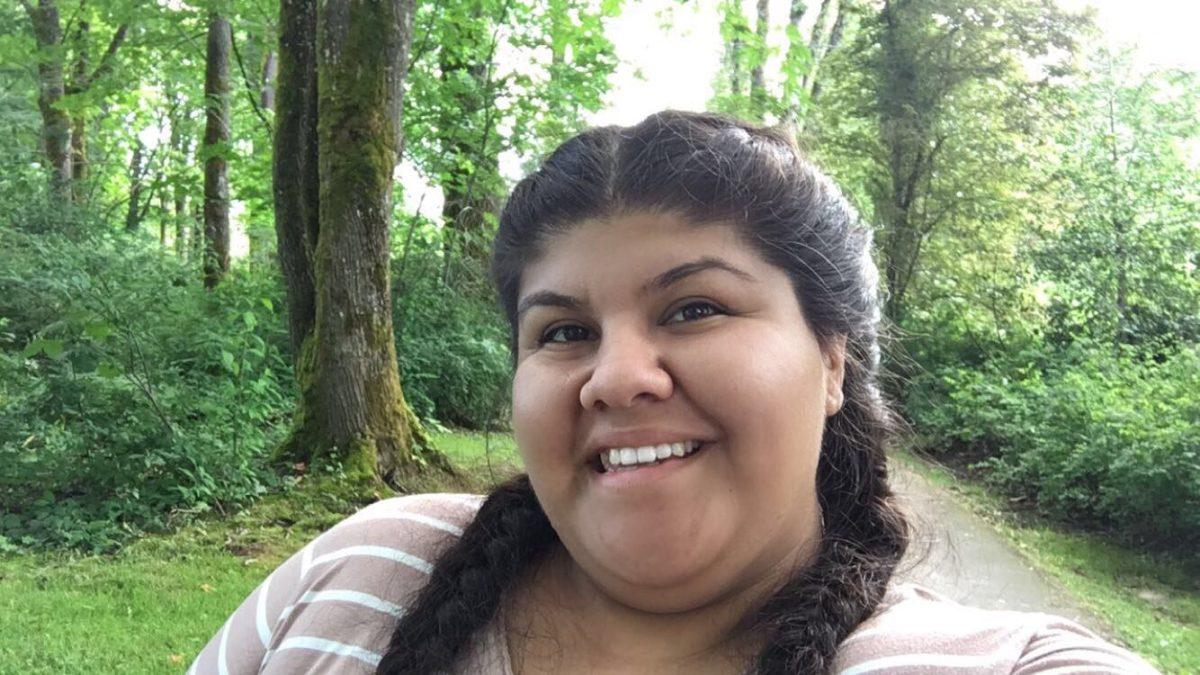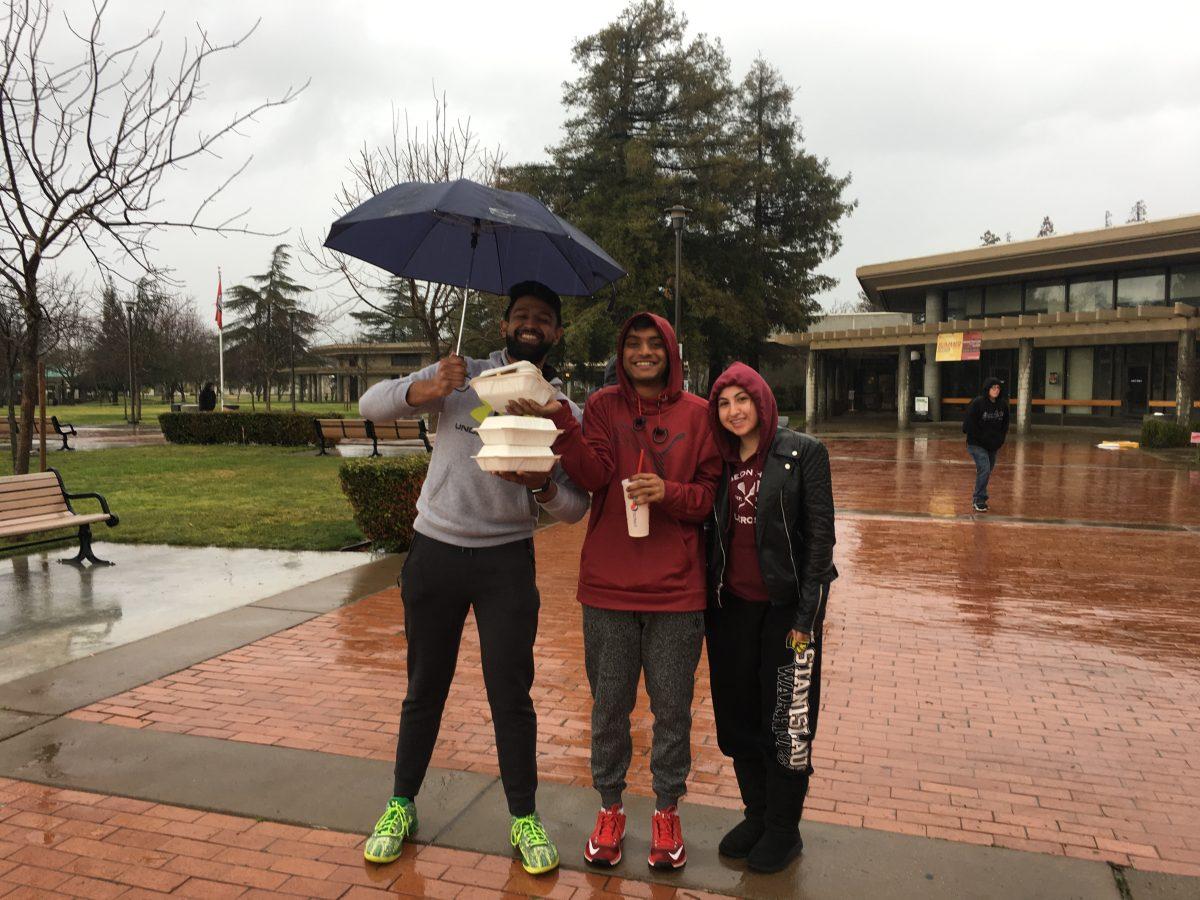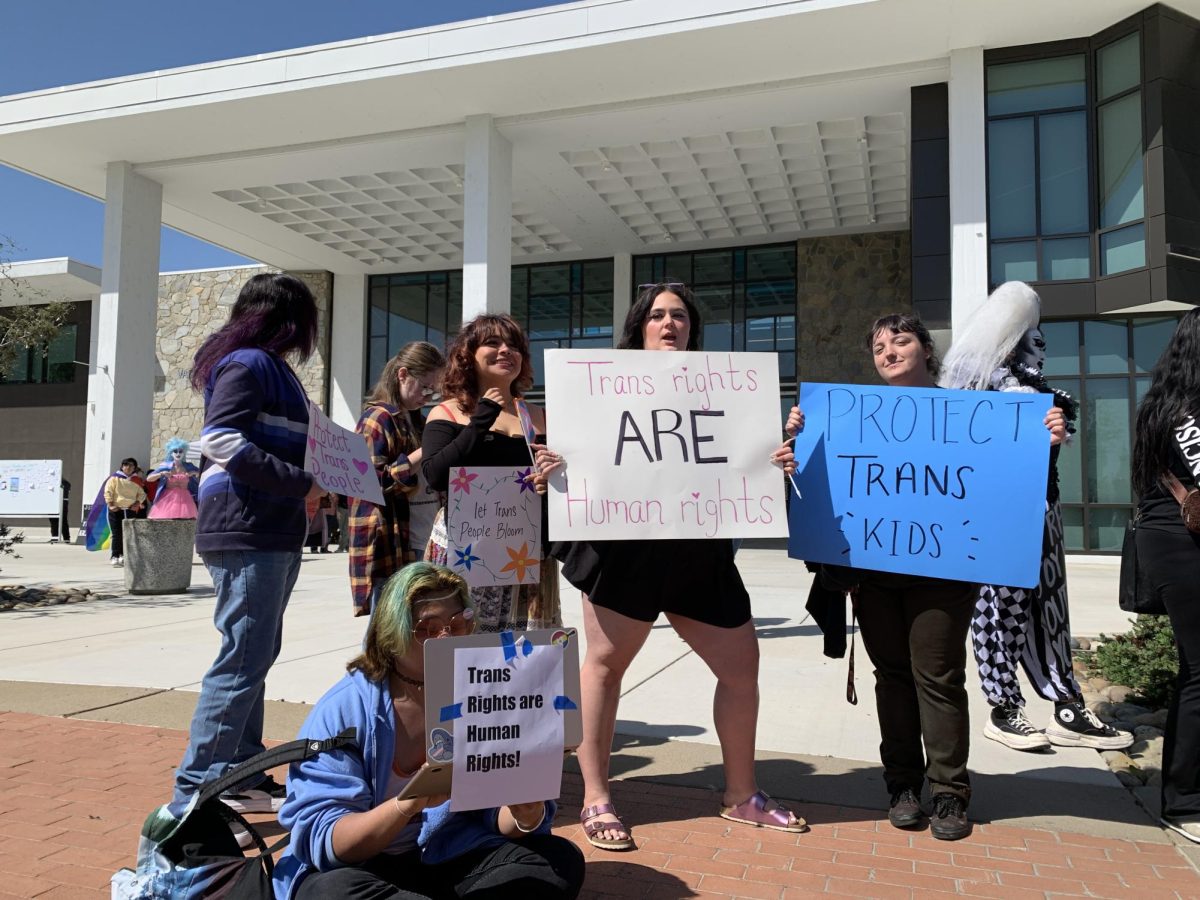**The Signal, in line with the best practices of journalism, has a policy of not publishing anonymous letters or quotes. However, under extraordinary circumstances, such as this letter to the editor, we believe we best serve the campus community by publishing the work. The Signal vetted the author and agreed to leave her name off. While this is undoubtedly a controversial decision, we hope that the good done by such shared experience will outweigh any discomfort felt by those in the offices here named.**
I walked into the psychology center at Stan State in the spring of 2014. I was 19. At the time, it was tucked away in the MSR building. Now it’s hidden in the hallways of the Vasche Library. I entered the room tentatively; it was my first time there. I was handed a form to fill out describing what kind of treatment I needed. There were lots of checkboxes: depression, anxiety, insomnia, stress, things of that sort. There were extra lines at the bottom to fill in other options. I knew I couldn’t write, “I’ve just been raped,” in those lines let alone say it in my head. It had just been a few days ago, and I was still coming to terms with what had happened to me. So I checked off whatever seemed close enough.
I come from a very traditional Christian family – one that has taught me to believe that I shouldn’t have sex until marriage. That probably seems a bit normal for many other Christians, but what made premarital sex just flat-out frightening for me were the beliefs of others who share my ethnic culture. For a typical Christian family, if someone slips up and has sex before marriage, people will probably be disappointed. However, there is also help to be found in repentance and prayer. The church body serves as a pillar of support. In my culture, the opposite is true. Back in the “home country,” if a daughter has sex before marriage, it is the job of the father and brothers to sever her head in order to restore honor to the family. Other alternatives are being stoned to death by those in the village or having your head shaved to show everyone that you have horribly sinned. These were the stories I was told while growing up to try to prevent me from ever even thinking about having intercourse before marriage. Of course, in America, you can’t just chop your daughter’s head off and get away with it. Instead, you are disowned from your family. Then the community not only shuns you, but also shuns your entire family as well.
I explained all of this to the therapist. I told her that this was the reason I was coming to her, a stranger, rather than going to anybody in my family for help. In my mind, it didn’t matter if it was rape or not; it was still premarital sex, and I thought that I’d be severely punished for it. My boyfriend had had enough of waiting. He wanted sex, and he forced me to let him have it. Somehow I still felt like I’d be the one who would be blamed. “What should I do? I just want your unbiased advice,” I told the therapist. She never gave me a solid answer. She told me that I’d feel much better now that I’d told someone, rang up the Health Center to order me some birth control pills, and gave me some colorful strips of paper that had kind sayings like, “It’ll all be okay,” written on them. Then she told me that more therapy wouldn’t be necessary and sent me on my way.
At first I was elated. This dark cloud was finally off my chest. But it didn’t take me long to realize that absolutely none of my problems had been solved. She didn’t address the unsupportive nature of my culture and how I could deal with that, she didn’t mention the Haven Women’s Center or Title IX Coordinator or police who could help me with the fact that I had just been raped, and she didn’t even tell me that I should probably stop seeing my abusive boyfriend. At the time, none of these things even crossed my mind. Instead, I just thought, “Well my situation must be pretty normal then. There is no real answer. Maybe I’m just overreacting.” Suddenly, all the guilt and fear and anxiety vanished and was replaced with numbness. I felt absolutely nothing and no longer cared about what my boyfriend did to me. I thought that even if I tried to leave no one else would want me. “I guess I’ll just have to marry him,” was my solution. There seemed to be no other way out. For the next two years, I lived my life feeling empty, like a ghost.
Then during the week of Take Back the Night in 2016, I saw decorated boxes throughout the school with little stacks of index cards and pencils sitting neatly beside them. After a while, I finally realized what they were for. Anyone could write an anonymous note about an experience or feeling they had, and the notes would then be turned into an art piece. I hesitated, and then I sat down and wrote: I FEEL TRAPPED. I stared at the note for a moment and put it in the box.
Then, almost as though the message had somehow been transmitted throughout the student body, I met a group of Christians at school who quickly became some of my closest friends. They told me how valuable I was and how no real Christian would turn someone down just because they’ve already had sex. I had finally found a supportive community, one that would serve as a substitute for the shame-based culture I came from. I have left my abuser since then and am currently in my first healthy relationship, but I can’t imagine what would have happened to me had I not found this support group, which is why I’m writing this letter.
I know that the psychology center has probably vastly changed since 2014. The school has been putting a heavy emphasis on sexual violence awareness and prevention, and the world seems to be changing with the #MeToo movement. However, it’s still possible for therapists, advisors, family members, and friends to give out bad advice or none at all. If you’re in a situation in which you’ve been sexually harassed or abused in any way, it’s so easy to feel trapped, but just know that you aren’t. There are many resources to help you. Also, telling your story is the first step, but it’s not the only step. When I told my story, things didn’t suddenly get solved for me. Issues that are this complicated will take time to be unravelled, and there won’t always be clear-cut solutions. If you haven’t received the full help you need, I encourage you to keep searching. As for finding the right therapist, look for someone with a similar background as you so that they can best understand your situation and what you’re going through. No matter what, just know that you’re not trapped. It’s not your fault. And you’re not alone.

